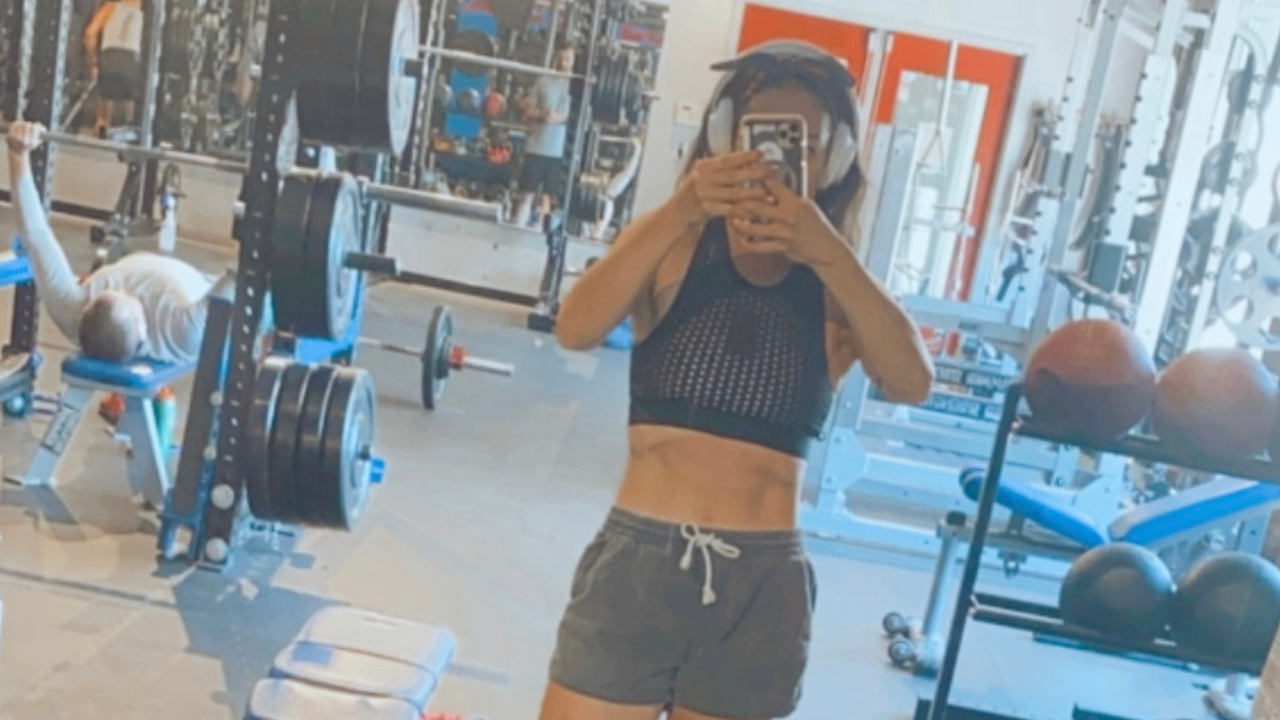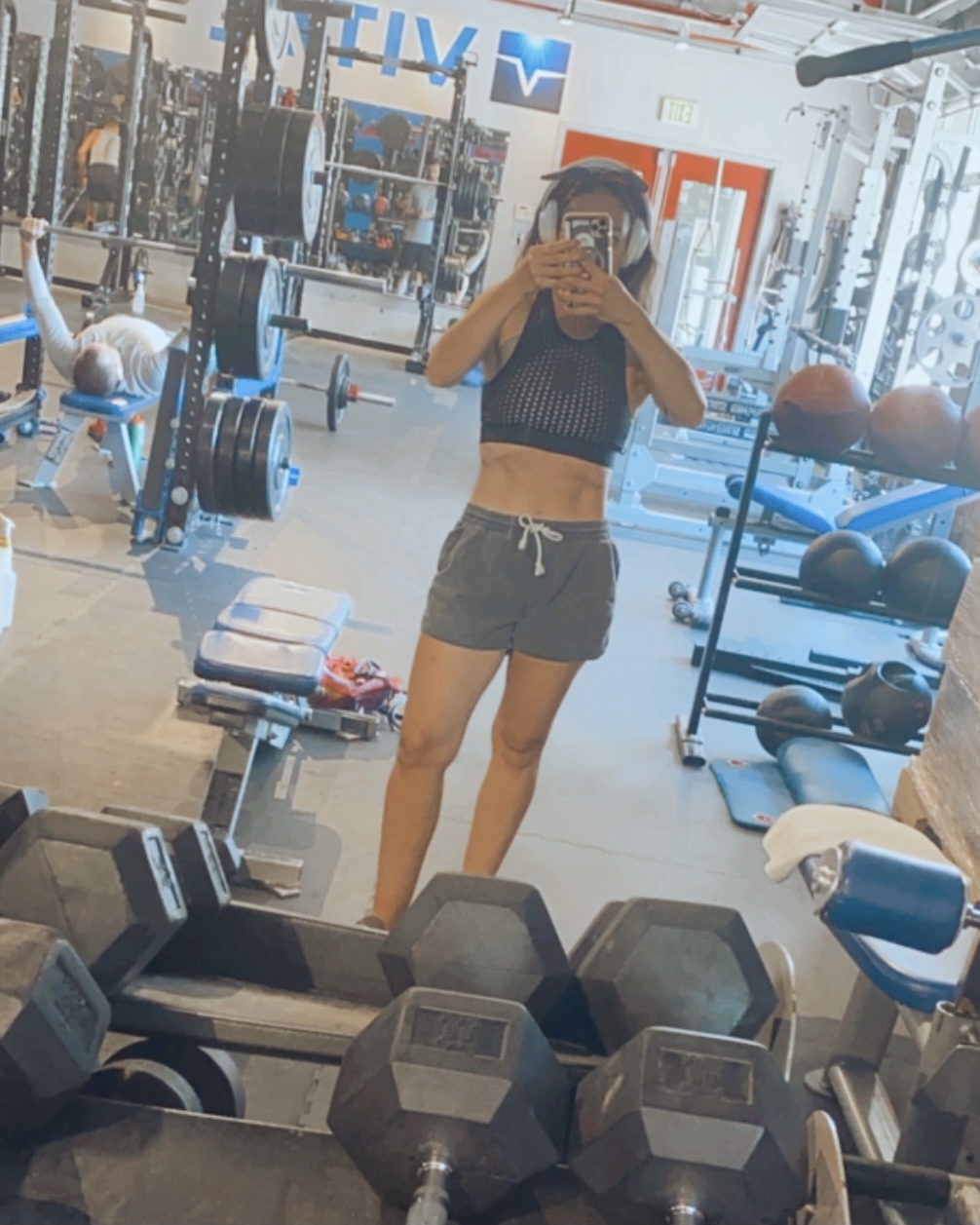Are You Getting Enough Protein?

I remember when I first hired a coach to work on changing my body composition. He sent me my daily protein target and I audibly gasped.
“What?? No way. Can’t do it.”
It was at least 3x the amount of protein I was currently having. This was a few years ago when I was on a mostly plant-based diet and my protein intake was extremely low. I remember feeling extremely triggered and resistant - there was no way I could get that much protein.
It took me a while to get there, but when I finally understood the importance of getting enough protein - not only for my body composition but for my health - everything changed.
My body actually started changing. Without drastically cutting my calories. I felt satisfied. I had energy. And I wasn’t bloated all the time anymore.
Protein consumption is a topic I discuss with many of my clients and it’s one of the most important ones, after a general nutrient-dense diet.

So, how much protein do you actually need?
There’s a lot of personalization when it comes to protein needs. Your age, body fat, activity level, caloric intake, and digestive health will all contribute to how much protein you should be consuming.
In terms of general health, it’s recommended to consume 0.4 grams of protein per pound of body weight as a minimum. Personally, I think this is far too low. If you’re working out and/or looking to lose fat, build muscle, or optimize your health, you’re going to need way more.
A good starting place would be 0.8-1.0 grams per pound of body weight. Unless you have a lot of weight to lose, then you might want to use your “goal weight” for this equation. Protein needs can vary drastically when we look at someone’s individual needs, but it can be a good estimation to jump off from.
The 4 Fat Loss Mistakes You're Probably Making
Eating healthy and doing all the "right" things, but still frustrated you're not seeing results? Click here to download this FREE guide with the most common mistakes I see people making on their fat loss journey.
What do we need protein for anyway?
The list is endless, but here’s a couple of reasons to prioritize protein:
- It’s satiating, more so than fat or carbohydrates.
- It increases thermogenesis, meaning you’ll burn more calories just by eating more protein.
- It rebuilds damaged tissues and supports bone, joint, and tissue healing.
- They serve as a catalyst for pretty much every chemical process in the body.
- They’re necessary for proper detoxification.
What are the best sources of protein?
The best sources of protein are going to be complete proteins, which contain all nine essential amino acids. These are going to include proteins like meat, fish, eggs, and dairy products.
Vegetable proteins, like vegetables, nuts, legumes, or whole grains contain protein, but they’re incomplete protein sources and are not ideal.
If you want to know how to not only individualize your daily protein needs, but also exactly how many grams of carbs and fats you should be consuming, check out my Fat Loss 101 course. I take you step-by-step through exactly how to figure this out for yourself, so you can get on track to losing fat, building muscle, and feeling great!
Send me a message on Instagram and let me know if you have any questions. Always want to hear from you!




